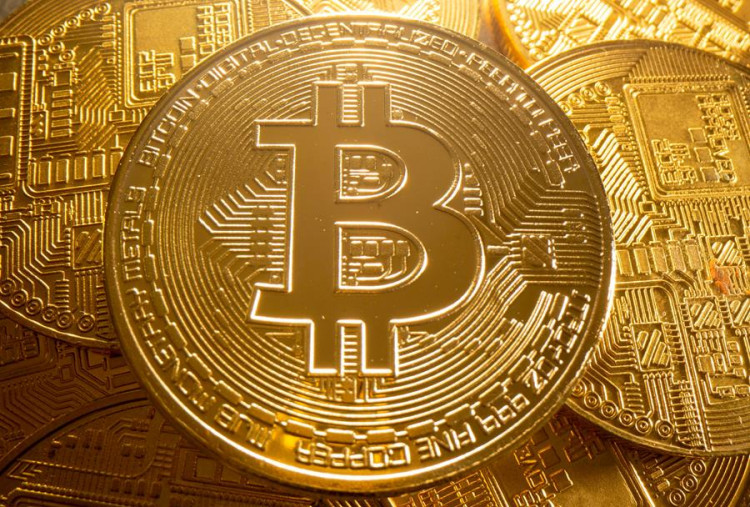With the global cryptocurrency market cap showing no signs of slowing, the bigger market appeared to be bullish on popular coins such as bitcoin, ether, and Solana.
Regulators and governments in certain countries, on the other hand, remained suspicious of cryptocurrencies.
Authorities recently identified another case of large exchanges evading taxes in India, where crypto-related legislation has elicited varied views from the industry.
Indian tax authorities recently seized over $12.6 million in cryptocurrency from 11 crypto exchanges on suspicion of tax evasion.
Previously, the Directorate General of GST Intelligence (DGGI), which is in charge of India's tax collection, seized about $11.0 million in taxes and another $145,000 in fines.
According to reports, India's Minister of State for Finance Pankaj Chaudhary stated in January that the figure was closer to $12.6 million.
Earlier this year, as crypto usage grew on the Indian subcontinent, officials appeared to be wary of the rapid acceptance.
DGGI admitted seizing cash from six cryptocurrency exchanges in January 2022. Several of India's top exchanges were included - CoinDCX, BuyUCoin, Unocoin and WazirX.
On Monday, Chaudhary upped the number of exchanges allegedly involved in tax fraud to 11, nearly double the figure from the previous couple of days.
Indian tax authorities conducted extensive searches earlier this year on BuyUCoin, CoinSwitch Kuber, WazirX, CoinDCX, and Unocoin. Since then, a $5.3 million crypto tax evasion scheme has been found.
According to a statement from the tax office, the case was part of a special anti-tax evasion drive.
India's government has been enforcing its control over the bitcoin sector. Not only have the government targeted bitcoin exchanges, but they have also implemented the much-maligned new cryptocurrency tax requirements.
From April 1, Indian crypto firms will be required to pay a 30% capital gains tax on crypto transactions. Apart from capital gains, Indians purchasing or selling cryptocurrency would be required to pay a 1% tax deducted at source by July 1.
However, industry participants have been largely critical of the government's subsequent regulation of cryptocurrencies.
In a recent speech, an Indian member of parliament cautioned that putting a 1% TDS on all crypto transactions will effectively kill the new asset class's acceptance and growth.
Additionally, Indian Parliament member Ritesh Pandey expressed reservations about the 1% TDS on cryptocurrency transactions.
However, based on the market's recent gains, bullishness appears to be eclipsing the regulations in the immediate term.




